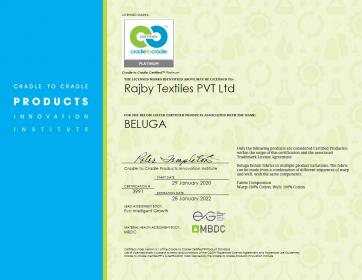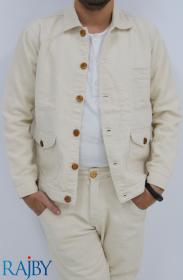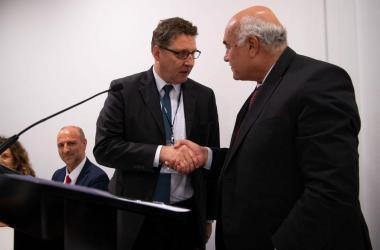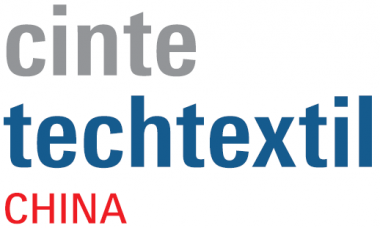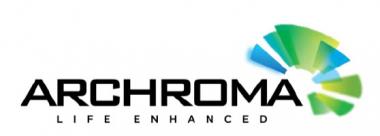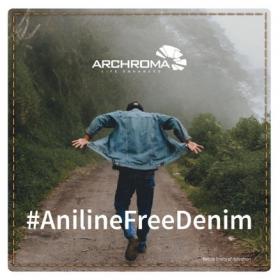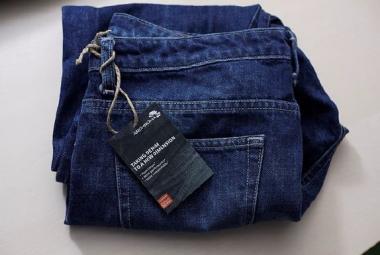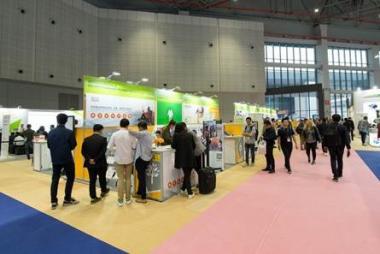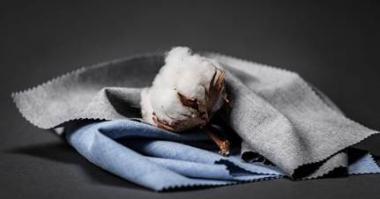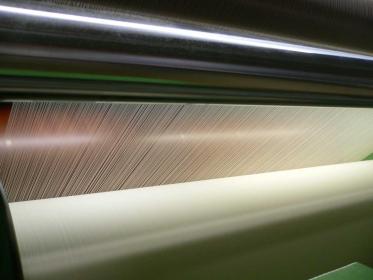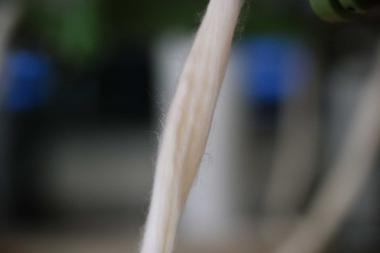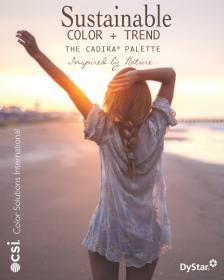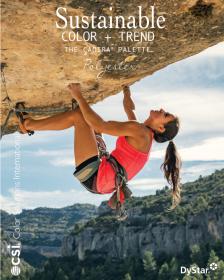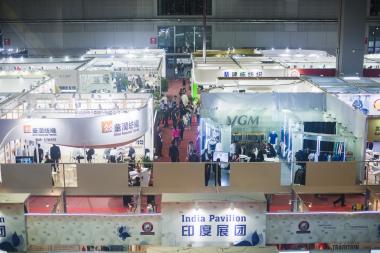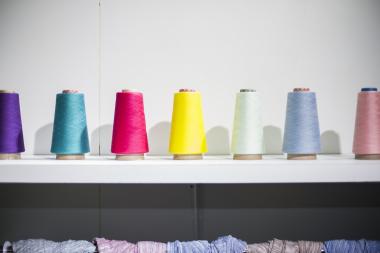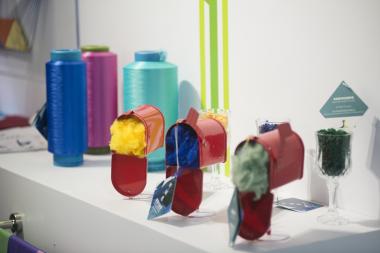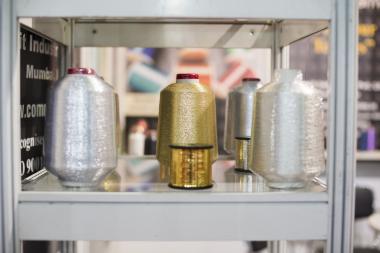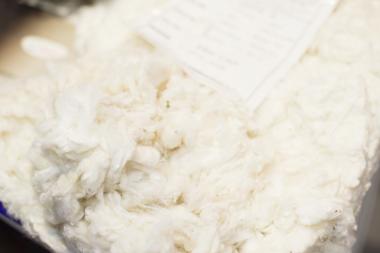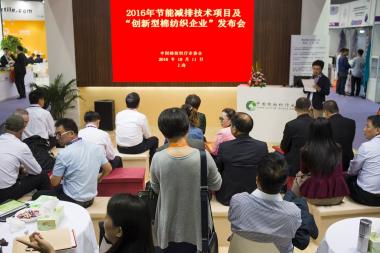World’s first C2C Platinum for Rajby Textiles
Monforts customer Rajby Textiles is the first company in the world to have finally achieved the Cradle to Cradle (C2C) Platinum Standard for a product. Its Beluga denim fabrics have gained the ultimate sustainability score in all five categories covered by the C2C standard, which is acknowledged as involving the toughest and most thorough testing and assessment it is possible to put a product through.
As such, Beluga denim fabric is based on 100% GOTS certified organic cotton and employs no hazardous chemicals in its production. At the same time, it is both recyclable and biodegradable, with 100% of the energy used in its production offset by green energy and involving a closed loop system with no waste water generated and no material wastage.
The new Beluga denim fabrics, however, represent a new zenith in circular denim production. To meet the active cycling requirement, Rajby has committed to using Beluga denim fabric exclusively in apparel products sold by retailers with take back programmes in place and estimated expected cycling rates for such products


